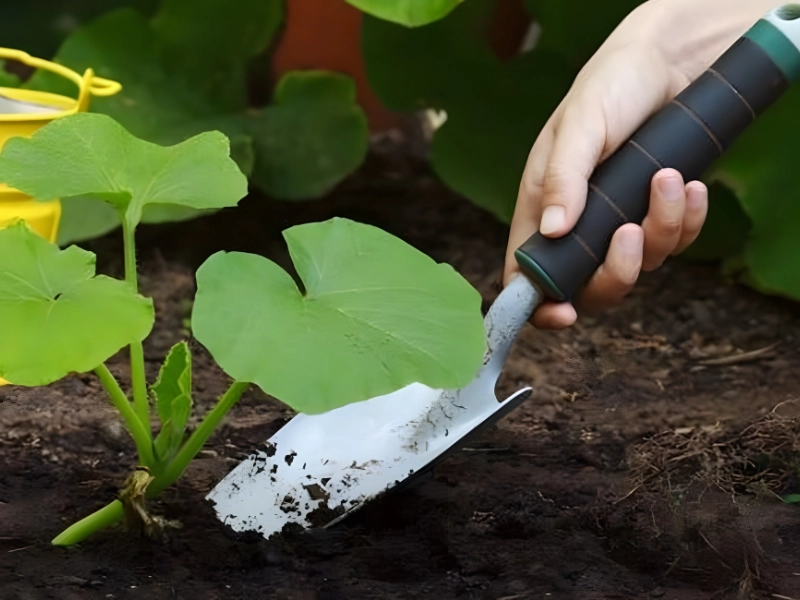Transform from a Gardening Novice to an Expert
10.
Planting with Friends for Better Outcomes Supplies Required Seeds: Depending on the plants you choose, the cost can range from $0.50 to $2 per package of seeds*. Plants, much like people, thrive in the company of good neighbors. By strategically planting compatible species together, you can enhance their growth and flavor, leading to a more fruitful garden.
Benefits of Companion Planting Enhanced Flavor: For example, strawberries planted next to thyme tend to have a more intense and flavorful taste. The aromatic qualities of thyme can enhance the sweetness of strawberries.
Pest Control: Certain plants can deter pests when planted alongside others. For instance, marigolds are known to repel nematodes and other harmful insects, benefiting neighboring plants.
Improved Growth: Some plants can provide shade or support for others, creating a more favorable environment for growth. Climbing plants can benefit from being planted near sturdy companions.
Soil Health: Companion planting can improve soil health by promoting biodiversity and reducing the need for chemical fertilizers.

Better Outcomes with Companion Planting Companion planting is a powerful gardening technique that can lead to healthier plants and improved yields. By understanding which plants thrive together, you can create a more productive garden.
Key Examples of Companion Planting Corn and Beans: Corn serves as a natural trellis for climbing bean plants. This partnership not only maximizes space but also allows beans to benefit from the height of corn, making it easier for them to receive sunlight.
Marigolds and Squash: Surrounding your squash plants with vibrant marigolds can help deter squash bugs. The strong scent of marigolds acts as a natural repellent, protecting your squash from pests.
Finding Plant Friends: Before planting, research which plants have beneficial relationships. Knowing your plants' "best friends" can significantly enhance your garden's health and productivity.









